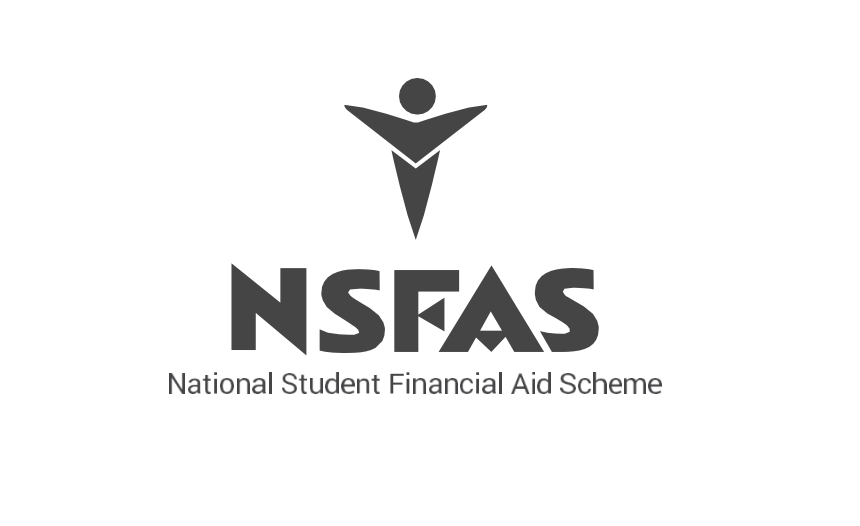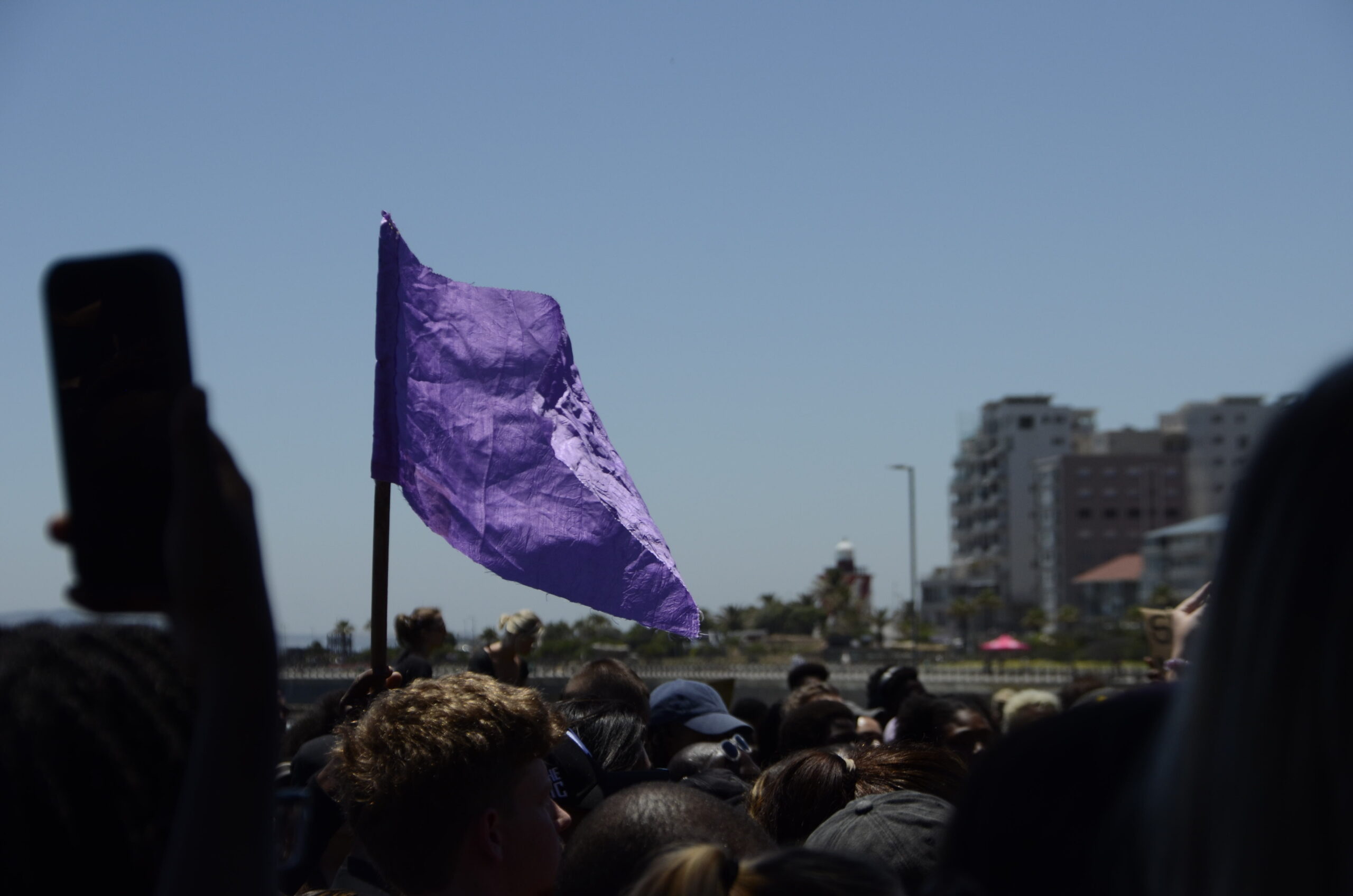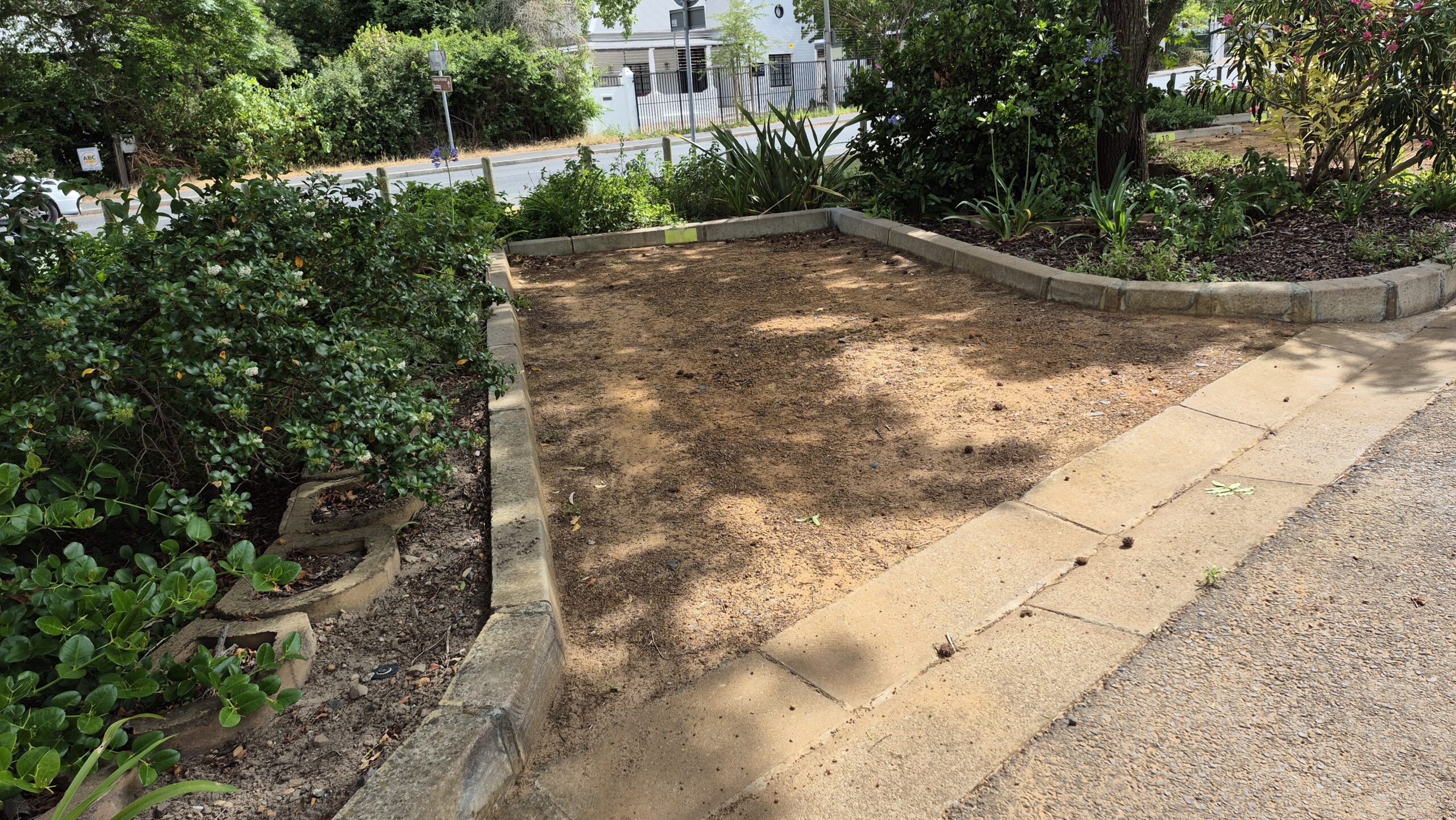BY KIRSTY BUCHOLZ
FIFTEEN Stellenbosch University (SU) students and fifteen inmates from Brandvlei Prison received SU-accredited competence certificates for completing the Ubuntu Learning Short Course on 8 October. It is the first interdisciplinary short course held in a prison in South Africa.
Dr Mary Nel of the SU Law Faculty and the Academic Director of the course came up with the initiative after being inspired by similar projects in America and the United Kingdom (UK).
The course was a partnership between SU and the Department of Correctional Services and was funded by SU’s Division for Social Impact and Faculty of Law.
According to Nel the aim of the course was to break the misconceptions that society has about prisoners.
“We always have preconceptions of each other… but the minute we meet, talk, learn together and make that human contact, those roles completely go out of the window. Then we are just fellow people in a classroom, learning. We were thinking it would take us a long time to break down those barriers but, really, it doesn’t.
“The potential of people that are behind bars are incredible. I wasn’t doing it for people behind bars only, I was doing it for my students and myself as well. We were all learning,” Nel said.
Nel adds that the course was a pilot project and will run again next year, but going forward, she hopes to expand the initiative.
According to Andile Nelani, the regional coordinator of education and training at the Department of Correctional Services, a further aim of the course was to change perceptions and bring people with diverse backgrounds together.
Nelani hopes that the Brandvlei Prison can become a theatre of learning instead of simply a correctional establishment.
The fourteen-week course took place weekly since March, with each class being three hours long, and dealt with the theme, “Am I because we are? Exploring selves and communities”. This encompassed the subjects of law, literature, history and economics.
The course facilitators were SU’s own Doctors Mary Nel, Chet Fransch of the Department of History, Daniel Roux of the Department of English and Debra Shepherd of the Department of Economics.
Roux, who was responsible for teaching the English Literature component of the course, said he was able to rediscover the value of the Humanities that “is increasingly obscured by the technocratic orientation of modern universities”.
He called his experience “a deeply meaningful, transformative encounter that both illuminates and strengthens our sense of what it means to be human.”
“I realised that while this idea of learning is basically dead in the mainstream academy, it now survives in the form of “social outreach” programmes such as this one,” Roux said.
Roux’s academic field is prison literature, so he has always been conscious of stereotypes about prisoners.
“It was instructive to be reminded that criminality is very often engineered by social forces, and in fact rarely reflects inherent character traits. Indeed, if one were to measure criminality by the harm caused and/or the extent of the theft, the real criminals are often socially rewarded and occupy positions of power and influence in society. They do not see the inside of a prison cell.”
Professor Thuli Madonsela, Chair in Social Justice at the Faculty of Law and former Public Protector of South Africa, commended the program for nurturing humanity and fostering the spirit of Ubuntu.
Madonsela says that it is an important initiative to support rehabilitation.
“Do you think if we were equally cruel towards those who have wronged society, things will be better? I don’t say there should be no consequences for wrongful action, but rehabilitating those who have missed a step is better because if they are going to come back to society, we need them to integrate properly.
“We need them to be respected as members of society and not judged by what they did in the past. They should be judged by what they are prepared to do after they have been through the corrections process,” Madonsela said.
Prisoner and course participant, Awande Mshontana, says that the course has equipped him and his fellow participants to be historically aware and to raise a persuasive legal argument.
Mshontana has confidence that the courses participants will be responsible citizens.



